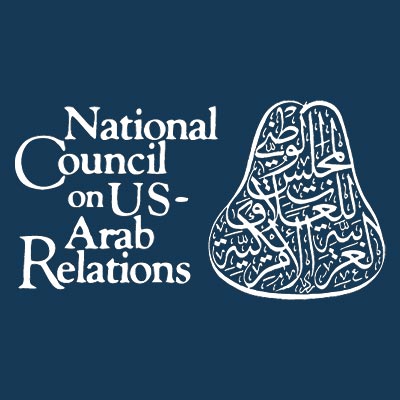GCC Foreign Ministers to meet in Jeddah
Source: Khaleej Times (Read full story)
…
Al-Zayani added that the GCC Ministerial Council will review issues related to the progress of GCC joint action in all fields. The Secretary General said that the meeting will be preceded by a joint meeting with GCC Ministers of Finance and Economy, noting that the council will discuss a number of memoranda and reports referred by the ministerial committees, especially those related to strategic dialogues, negotiations between the GCC and economic blocs, as well as other topics related to regional, Arab and International conditions of concern to the GCC.
…
Iran decries Bahrain move to ban contacts with Hezbollah
Source: The Peninsula (Read full story)
Iran yesterday said that it regretted Bahrain’s move to ban the kingdom’s opposition groups from having contact with Hezbollah, Lebanon’s Shia militant movement and close ally of Tehran. “Bahrain’s stance towards Hezbollah is regretful,” foreign ministry spokesman Abbas Araqchi said at his weekly press conference. Bahrain on Monday banned opposition groups from all contact with Hezbollah in a bid to limit the movement’s perceived influence on its restive Shia majority. Last month the state branded Hezbollah as a “terrorist organisation”. Hezbollah, like Iran, is backing the regime of Syrian President Bashar Al Assad against rebels. The group has fighters on the ground alongside the Syrian army.
…
Kuwait wants Iraq to honor Chapter 7 norms: Official
Source: Kuwait Times (Read full story)
In the first reaction from Kuwaiti side to the visit of Iraq’s Foreign Minister to discuss the closure of Chapter 7 and release Iraq from restrictions imposed under it, an official source at the foreign ministry said Kuwait encouraged Iraq to implement all resolutions under Chapter 7 and also lauded Iraq for doing so in the past. He said Kuwait does not oppose transferring the issue of the missing personnel and POWs from chapter seven to Chapter 6 under the patronage of the United Nations, as it is considered a purely humanitarian issue. Meanwhile, the training course in the field of the International Humanitarian Law began in Kuwait on Monday under the title “Boosting the role and efforts to protect Human Rights.”
…
IMF hopes to agree loan for Yemen, mobilize donor aid
Source: Al-Arabiya (Read full story)
…
An IMF official said last week that the government first needed to agree on its economic program. Economic recovery remains fragile in the second-poorest Arab state after Mauritania with frequent attacks on oil pipelines denting vital budget revenues. Yemen’s gross domestic product grew by mere 0.1 percent in 2012, the IMF estimates, after shrinking 10.5 percent in 2011 when political unrest crippled the economy. Shafik said economic growth has been “a little bit disappointing,” making state energy subsidies, which are as high as 5 percent of GDP, the main area of concern. “Yemen is a very poor country and they need huge investments in education, infrastructure and health. There is no room in the budget to do that unless we deal with the subsidy problem.”
…
Syria aid drive is launched
Source: Gulf Daily News (Read full story)
BAHRAINI MPs have launched a campaign to collect money for Syrian people affected by the ongoing civil war, claiming the government was not doing enough to help. Two of them donated BD3,000 themselves during yesterday’s session and a collection will now continue until parliament’s next meeting on Tuesday. MP Dr Shaikh Jassim Al Saeedi was the first to contribute BD1,000 and parliament public utilities and environment affairs committee chairman MP Hassan Al Dossary followed by donating double that amount. The plan is to hand the money over to charities in Bahrain, which will in turn forward the cash. “Our brothers in Syria need help and we, as MPs, should be setting an example for everyone in this country by giving donations,” said Dr Shaikh Al Saeedi.
…
GCC to award $68b deals to step up gas production
Source: Khaleej Times (Read full story)
The Gulf Cooperation Council (GCC) states, particularly the UAE, Qatar and Saudi Arabia, plan to award contracts worth over $68 billion during the next five years to raise gas production, according to the eighth edition white paper recently released by global financial advisory services provider Deloitte. The paper, entitled “Middle East Energy and Resources: Managing scarcity for the future”, revealed that despite a growing focus on renewable and alternative forms of energy, oil and gas will supply about 60 per cent of global energy demand in 2040, up from 55 per cent in 2010. The paper also revealed that although oil is still projected to remain the primary fuel, significant advancements in technology will cause natural gas to overtake coal as the number two fuel source.
…

